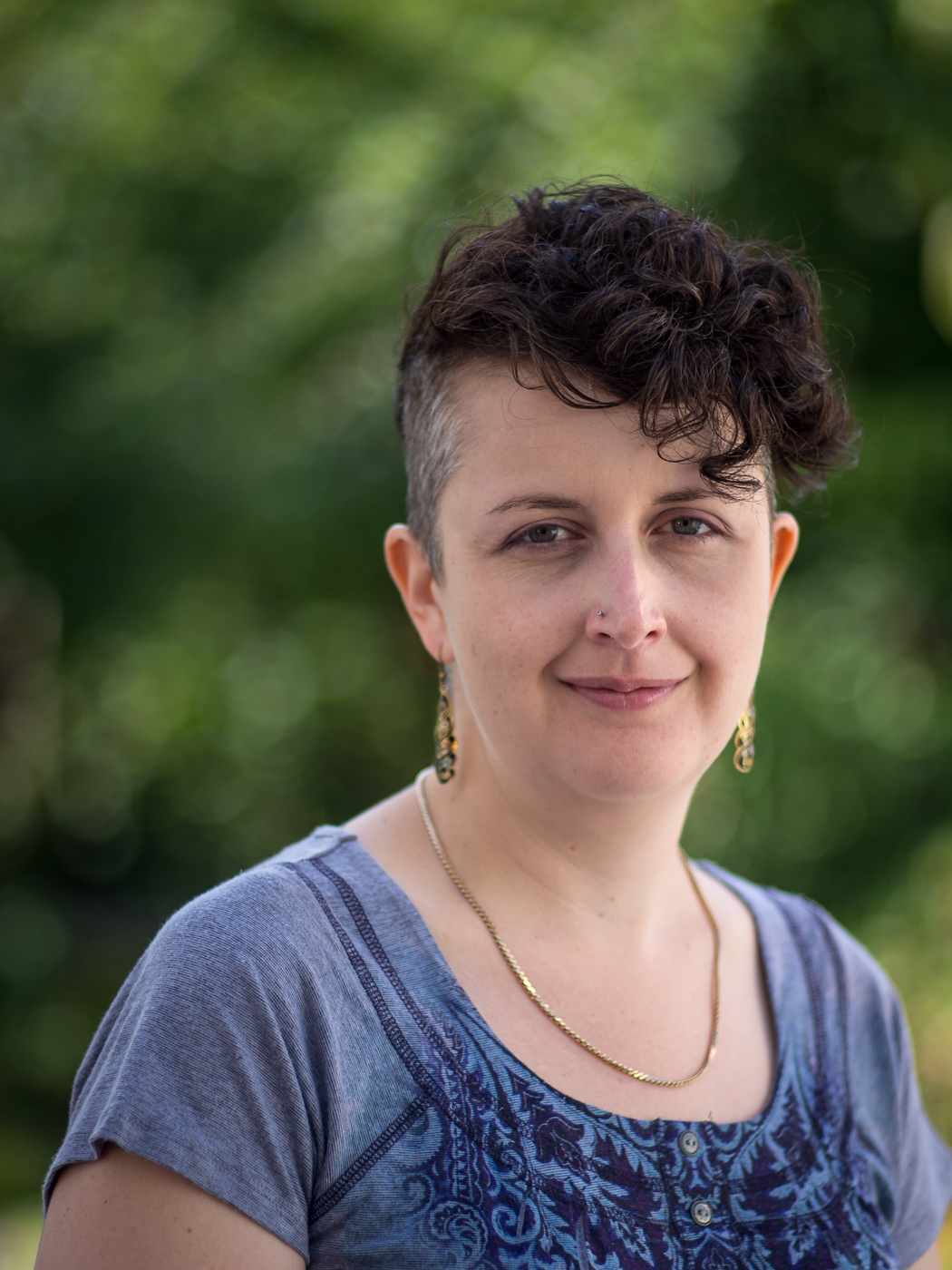Biology

Associate Professor (on Sabbatical Sept 2024-Aug 2025)
Biology
Abbotsford campus, B324
Phone: 604-504-7441 ext.4404
email SandraBSc Biology (Simon Fraser University)
Joint PhD Organismic and Evolutionary Biology and Entomology (University of Massachusetts, Amherst)
After completing my PhD at the University of Massachusetts, I worked as a postdoc at both the University of California, Davis, and Simon Fraser University.
My work research focuses on pollination ecology, with an eye to understanding both basic and applied aspects of pollination. Bumblebees in particular are wide spread and fascinating pollinator species. We actually have 12 different species of bumblebees in the Fraser Valley!
In the past decade, North America has seen severe range contractions and drastic declines of many previously common bumblebee species. Concurrently, the widespread use of managed bumblebee colonies in agriculture – now recognized as potential disease vectors – has been implicated in this decline. My previous research has documented high prevalence of pathogens and parasites in east coast wild bumblebees and others have shown that certain pathogens are more prevalent in declining species and in wild species foraging near commercial colonies.
Within the Fraser Valley, bumblebees are of key importance as pollinators of high bush blueberry, a crop worth $ 125 million CAD. Wild bumblebees are important pollinators for some varieties of this crop. Furthermore, as efforts are underway to develop new managed bumblebee species for use in this system, understanding local pollinator abundance and health will be key to maintaining the populations of these wild pollinators. Thus it is essential to increase our understanding both wild pollinator health and abundance, as well as the importance of different pollinators for blueberry crop production.
As faculty at UFV, I am working with students to study the diversity and health of both local bumblebee populations and other wild pollinators.